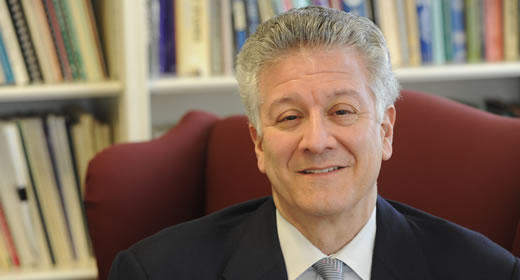
This week, the Census Bureau released 2012 poverty numbers under the supplemental poverty measure, which calculates the number of poor people in America as 3 million higher than the official count. Based on this revised formula, 1 and 6 US residents, nearly 50 million in total, are currently living in poverty. Sheldon Danizger was quoted in Associated Press and CNN Money articles about what these numbers indicate about poverty and what we can learn based on the deviation from the official count.
The supplemental poverty measure is aimed at calculating a more comprehensive poverty rate by factoring in living expenses, as well as the effects of non-cash government aid, such as food stamps and tax credits. It is generally considered to be more reliable by social scientists but does not replace the official government formula, which is used to allocate federal dollars and to determine eligibility for safety-net programs. Danziger commented on what these numbers indicate about the persistence of poverty, stating:
"The primary reason that poverty remains so high is that the benefits of a growing economy are no longer being shared by all workers as they were in the quarter-century following the end of World War II. Given current economic conditions, poverty will not be substantially reduced unless government does more to help the working poor."
The special report on the supplemental poverty measure also highlighted the impact of government programs that are not accounted for in the official measure. According to the new calculation, the Supplemental Nutrition Assistance Program brings about 5 million people over the poverty line. Danziger noted:
"What I take away from the report is that the safety net works. The report shows that programs, particularly like refundable tax credits, housing subsidies, school lunch subsidies and food stamps, take people out of poverty."
Sheldon H. Danziger is currently serving as President of the Russell Sage Foundation. He is on leave as the Henry J. Meyer Distinguished University Professor of Public Policy and Research Professor at the Population Studies Center.